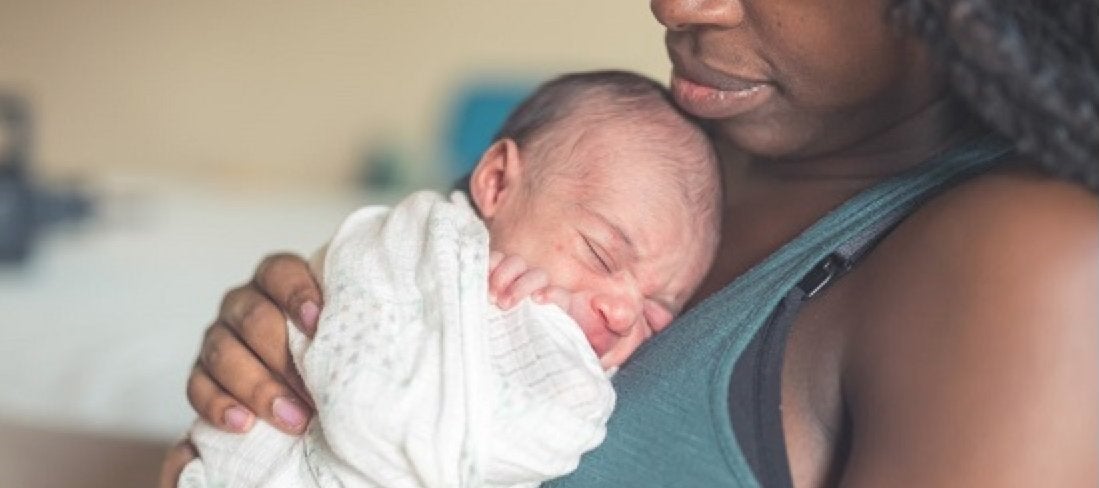Sens. Mark Warner, D-Va., and Tim Scott, R-S.C., introduced the Getting Early Treatment and Comprehensive Assessments Reduces Emergencies (GET CARE) Act, which would encourage patients to continue seeking preventive care during the COVID-19 pandemic, including disseminating scientific and evidence-based, preventive care-related information, with the goal of increasing the number of Americans seeking preventive care across all ages, particularly in medically underserved communities.





